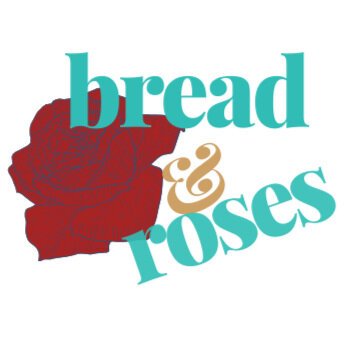Do You Know the Origins of Our Name?
Today, the Everett Mills are home to a variety of businesses and organizations. But in 1912, cotton power looms occupied the mills. With an unmistakable roaring sound, these machines were operated by mostly women and some men, who wove together textiles that were sold across the country.
Working in a mill was dangerous and the hours abysmal. Workers were usually paid on day rate and owners took advantage of this by imposing long work hours. By the early 20th century, some unions and organized trades had successfully petitioned for 8 hour work days. Still, the majority of laborers worked 12 to 14 hours a day, 5 days a week. In an attempt to improve working conditions, Massachusetts passed a law to reduce children’s and women’s work week hours from a maximum of 56 hours to 54 hours.
–
The women working on the power looms in Everett Mills had a dangerous job. Pinched fingers were a daily occurrence. They had to wear their hair tied back and keep their sleeves rolled up or risk getting tangled and having the hair ripped off their heads. There were almost no alternative employment options. Their wages, alongside their husband’s and sometimes their children’s, were the only thing keeping food on the table and a roof over their heads. The state law reduced their weekly hours by just two, but it was a small and welcomed respite.
–
When the women opened their paychecks on January 12, 1912 to find the mill owners had cut their pay, their reaction was immediate.
They needed every penny to ensure their families survival–so they left their stations.
Word quickly spread across the mills and by the end of the day more than 10,000 workers were on strike.
Despite language barriers, workers from all backgrounds came together from across the Immigrant City and were led by the women strikers as they chanted, sang, marched, and picketed. While pay was at the forefront of their concerns, the women also advocated for their “roses”: dignified conditions.
Ultimately, after nine weeks their strike was successful, winning pay increases, time-and-a-quarter pay for overtime, and a promise of no discrimination against the strikers–undeniable wins for justice and dignity.
–
In 1980, Bread & Roses was founded by a group of women who saw the growing need for a community food effort in Lawrence. They took inspiration from the 1912 strike and the courageous women who called for bread and roses for their families. Our name conveys our solidarity with all who struggle for food and dignity in their lives.
We’re grateful for everyone who came before us who embraced and lived by the spirit of solidarity, food, dignity, and compassion. We honor the women who led the 1912 Strike today and every day. Bread & Roses for everyone.
"Bread and Roses! Bread and Roses!
Hearts starve as well as bodies;
Give us bread, but give us roses!"
